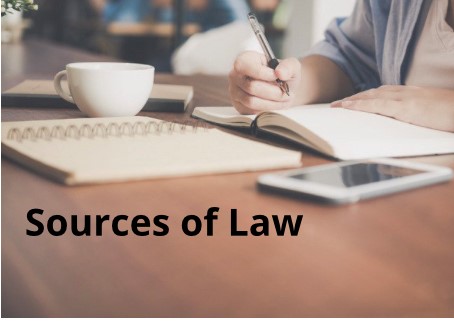
What are the sources of South African Law?
Do you want to know why it can be dangerous to consult Google on your South African legal issue? Unlike countries such as Germany, India or the USA, South Africa does not have a codified legal system. This means that South African Law has more than one source. Not all resources on the internet always apply all relevant sources to a specific issue. In addition, based on the nature of sources of our South African Law, our Law can constantly still develop.
The sources of our South African Law include the following:
- Our 1996 Constitution (which includes the Bill of Rights).
- Legislation (Acts and Regulations).
- Court decisions (Case Law).
- Common Law (deriving mostly from ancient Roman-Dutch Law/English Law).
- Customary Law (which is generally certain and clear unwritten laws by which people operate or live for a long time).
- Indigenous Law (which usually are unwritten customary laws of indigenous black communities).
- Writings of modern authors (text books and articles by law academics or practising lawyers which can influence development of legislation or case law).
When advising on a legal matter, a legal practitioner must consider application of all sources of our Law on the issue, unless the matter relates to a practice area which is solely governed by, for instance, legislation. For example, our law of criminal procedure is codified in legislation. However, all sources bow before the Constitution which is South Africa’s supreme law.
The above explains why it is essential to connect with a top lawyer to obtain a legal opinion on a legal issue, as South African lawyers are trained to access and apply all up to date sources of our South African Law. South African Law therefore continues to develop and changes regularly as new court judgments are handed down or new legislation are promulgated.
The fact that South African Law comprises various sources which can change and update from time to time, makes legal practitioners students for life! Top legal practitioners continue to learn and study the Law all their careers, and with handling of court cases and publishing opinions, contribute to develop it. Regarding succeeding in a legal argument, it could often turn out that “he who knows the most, wins!”.
LWFH Management